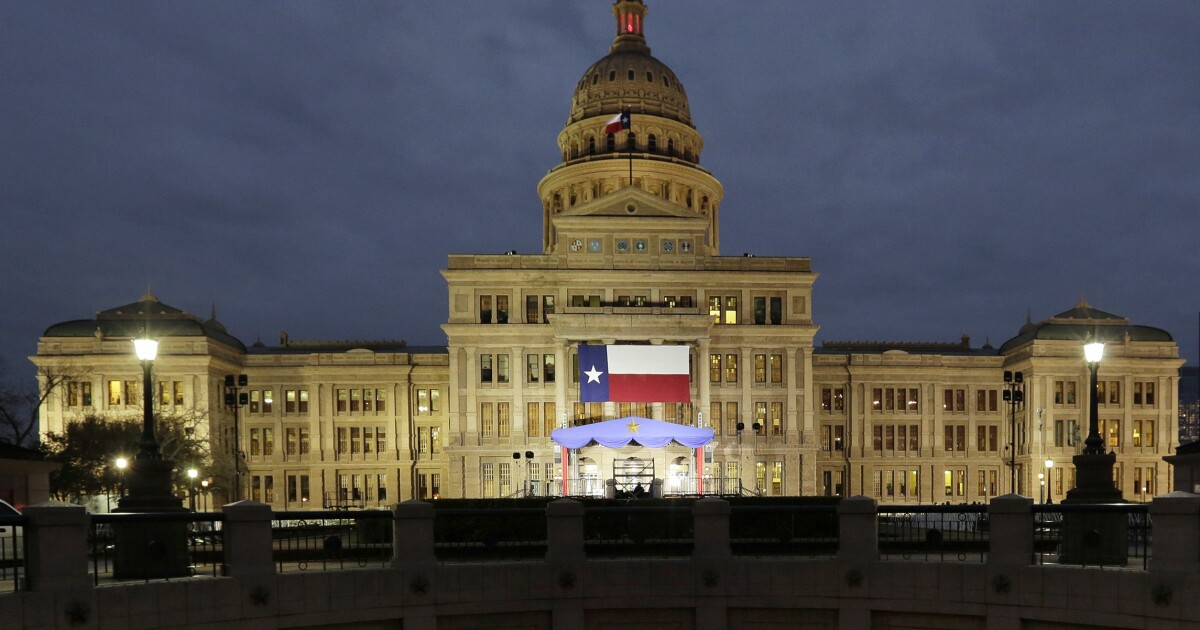

Texas officials are grappling with a new state law that went into effect Friday, blocking cities and counties from executing local rules in certain policy areas without state approval.
Liberal cities are fighting to ensure control over various areas of policymaking. Dubbed the “Death Star” bill by critics, House Bill 2127 passed in the Republican-controlled legislature in Texas earlier this year and was signed by the governor in June.
JIM BANKS DECLARES WAR ON EGG TYCOON SCRAMBLING INDIANA SENATE RACE
The bill, pushed by business lobbying groups, allows Texas lawmakers to control cities through eight state codes. Those include finance, agriculture, business and commerce, insurance, labor, natural resources, occupations, and property. The law would overturn many city ordinances that are already in place.
Democratic-led cities, such as Houston, San Antonio, and El Paso, have banded together and sued the state to block the law from affecting the urban areas.
The lawsuit, initially filed in July, argues the law violates the Texas Constitution, which has given cities home rule powers for over 100 years. The suit filed against the state says the bill “would effectively repeal Texas constitutional home rule, impermissibly expand the scope of state preemption of local law, and improperly shift the burden of disproving preemption to cities.”
A Travis County district court judge ruled on Wednesday that the “Death Star” bill “in its entirety is unconstitutional” by violating the “home rule” protections.
State District Judge Maya Guerra Gamble sided with Houston and other cities by ruling the law unconstitutional in a way that relates to “a constitutional home rule city and to local laws that are not already preempted under article XI, section 5 of the Texas Constitution because, in the absence of a severability clause, no provision can be given effect without the invalid provisions and application.”
However, the future of House Bill 2127 is unclear because the state moved to appeal the judge’s ruling.
CLICK HERE TO READ MORE FROM THE WASHINGTON EXAMINER
Republican state Rep. Dustin Burrows, the author of the bill, posted on X the day of the Travis County judge’s ruling that it “has no legal effect or precedent, and should deter no Texan from availing themselves of their rights when HB2127 becomes law on September 1, 2023.”
“I now better understand why the business community was clamoring for the creation of specialized business courts to ensure our state’s laws are fairly upheld and our justice system is preserved,” Burrows wrote.





